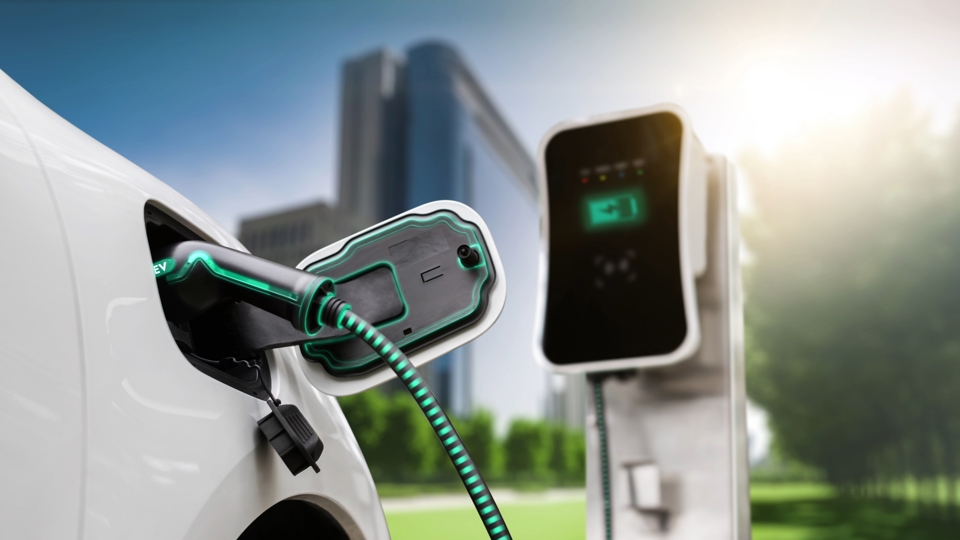New research suggests that the cost of running an electric vehicle (EV) has dropped to £1,154 per year, making it 50.2% cheaper than the £2,316 required to run a petrol car.
Charge point manufacturer Andersen calculated these figures by assessing road tax, fuel and charging costs, servicing expenses, and insurance premiums.
The biggest savings come from energy costs. A petrol car driver covering 10,000 miles annually spends £1,209 on fuel, while an EV driver on a dedicated home charging tariff pays just £174. Those using the lowest tariff of 5p/kWh could see their annual charging costs fall even further to just £115.
Andersen’s data shows that 92% of EV charging takes place at home, with only 8% relying on public chargers. Even if a portion of charging happens on ultra-rapid public networks where electricity costs significantly more, EV drivers would still spend nearly 25% less on energy than petrol car owners.
Beyond fuel savings, servicing costs are also lower for EVs. According to The Car Expert, the average annual servicing cost for an EV is £232, compared to £295 for a petrol car. Over five years, EV servicing totals £3,857, a third less than the £5,514 required for petrol cars.
Insurance costs remain the one area where EVs are currently more expensive. January 2025 data from Confused.com shows that EV drivers pay £125.81 more per year on average compared to petrol drivers. However, premiums are falling, having dropped 18% year-on-year in 2024, with further reductions expected as EV adoption continues to rise.
David Martell, CEO of Andersen, stressed the importance of educating consumers on EV savings, stating: "To build momentum in the shift to clean electrified mobility, it is crucial that more UK drivers understand the true cost benefits of EV ownership, including ultra-low ‘smart’ charging tariffs, significant savings on road tax and servicing, and rapidly decreasing insurance costs."

















Login to comment
Comments
No comments have been made yet.